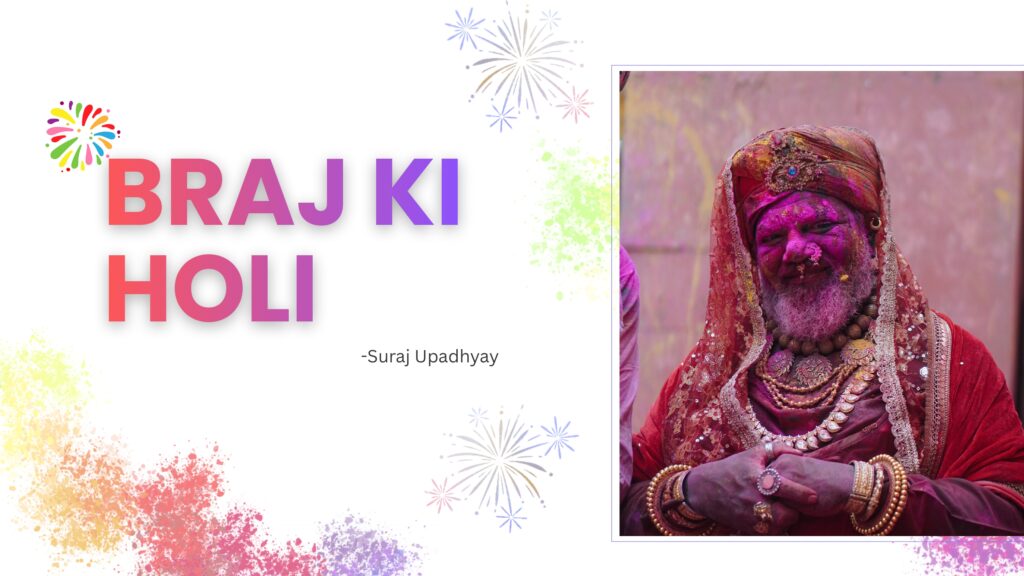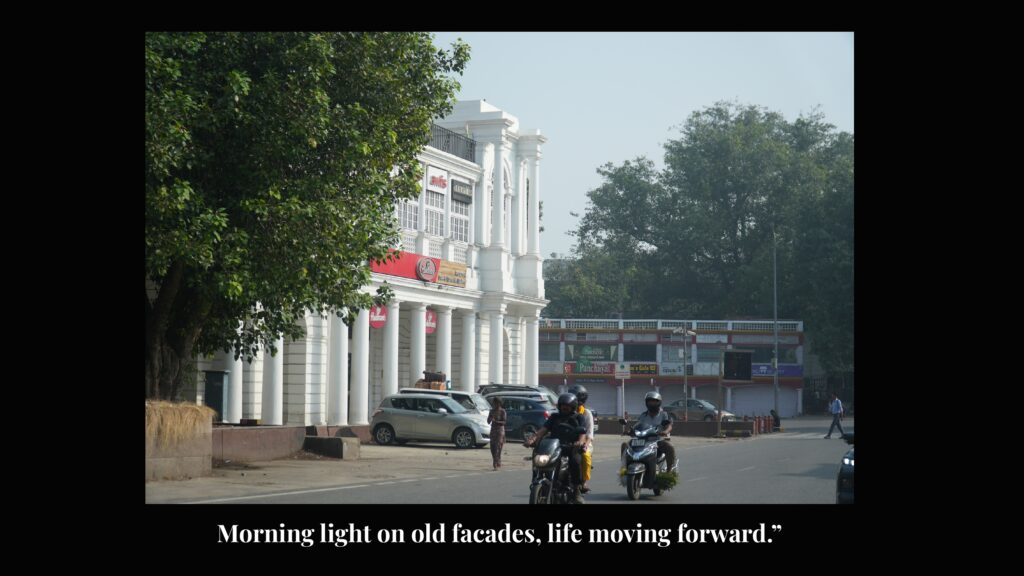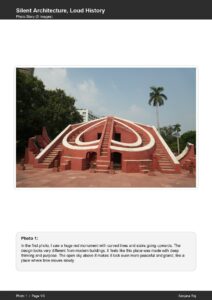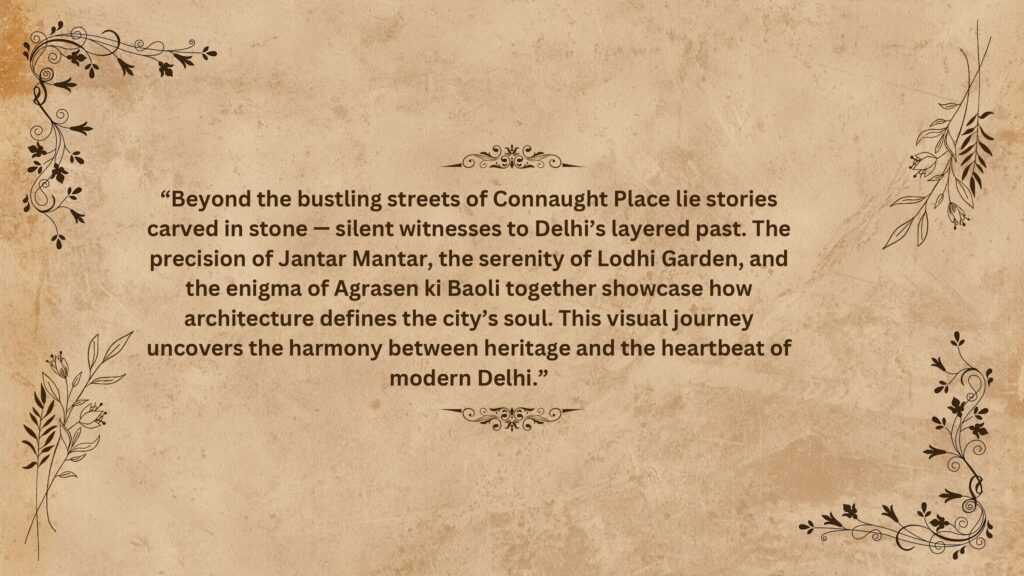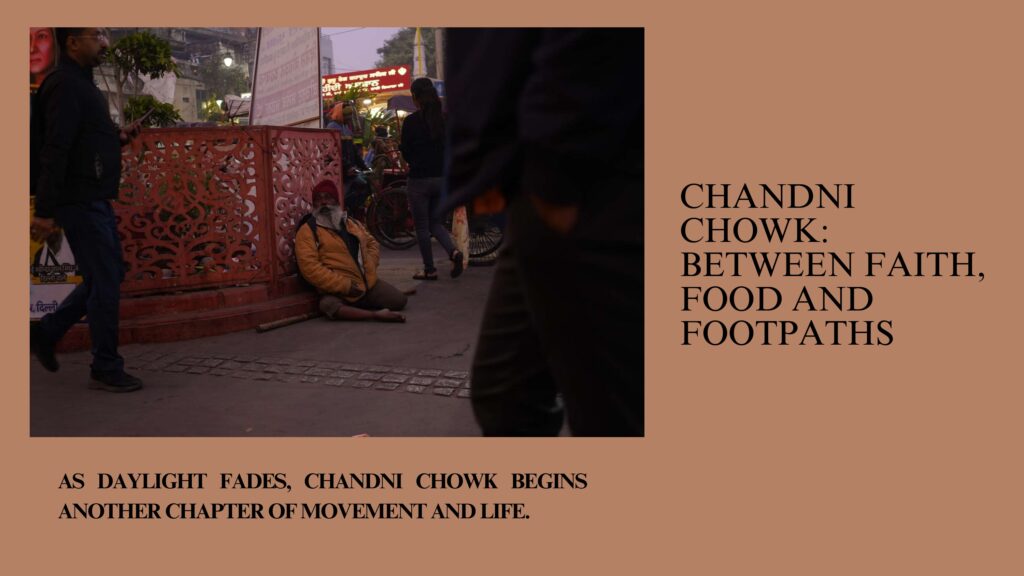*CHETNA SHREE
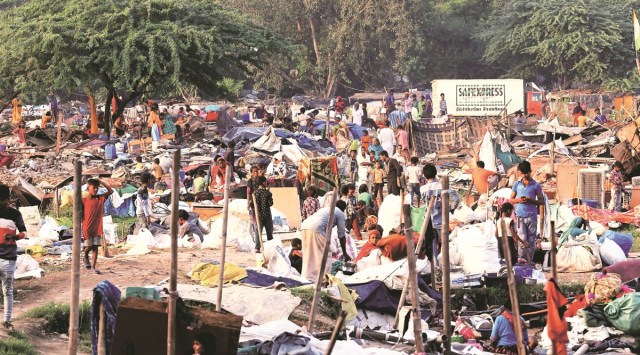
Pc:- The Indian Express
Shakur Basti, nestled in the heart of Delhi, pulsates with life. But scratch beneath the vibrant facade, and the city whispers a tale of two starkly contrasting realities. Here, gleaming high-rises cast long shadows over cramped dwellings, where poverty, caste, and gender weave a tapestry of inequality.
The air hums with the cacophony of construction as posh apartments rise into the sky, catering to the city’s affluent. Meanwhile, narrow lanes snaking through Shakur Basti’s slums bear the weight of forgotten promises. Sanitation struggles to keep pace with the overflowing drains, and every monsoon turns these alleys into fetid rivers. Healthcare, a privilege for some, remains a distant dream for many, accessible only through government clinics often burdened by overcrowding and understaffing.
Education, the supposed leveller, perpetuates the divide. Glittering private schools with manicured lawns stand in stark contrast to the dilapidated government schools where crumbling walls bear witness to underpaid teachers struggling to hold attention. The children of privilege, armed with iPads and elite coaching, are fast-tracked to a different future, while their counterparts in the slums chase dreams through tattered textbooks and dimly lit rooms.
The weight of social hierarchy hangs heavy in Shakur Basti. Caste lines, etched deep in history, dictate access to opportunities and respect. Dalits, the community at the bottom of the social ladder, grapple with discrimination and limited possibilities. Women, especially those belonging to lower castes, face the double burden of patriarchy and societal ostracization. Their voices, often unheard, whisper tales of harassment and unfulfilled aspirations.
Yet, amid the hardship, Shakur Basti pulsates with an indomitable spirit. Small entrepreneurs carve out livelihoods in bustling street markets, their resilience echoing in the clinking of utensils and the aroma of spices. Women’s collectives, their faces etched with determination, fight for equal pay and access to education. In community centers, children, their eyes gleaming with hope, dream of escaping the confines of their circumstances.
Shakur Basti is a microcosm of India’s urban landscape, where prosperity parades hand-in-hand with poverty. It is a city where dreams take flight from penthouses and struggle to lift off dusty floors. It is a stark reminder that development, true development, cannot be measured by towering buildings but by the well-being of its most vulnerable citizens.
Shakur Basti demands our attention, not just for its inequality, but for its indomitable spirit. It is a call to action, a plea for policies that bridge the widening chasm, for education that empowers, and for a city where every resident, regardless of their background, can access the dreams that Delhi promises. This is not just the story of Shakur Basti; it is the story of an India grappling with its own contradictions, yearning for a future where prosperity echoes equally in every corner.
*( STUDENT BA-JMC III SEM )*
